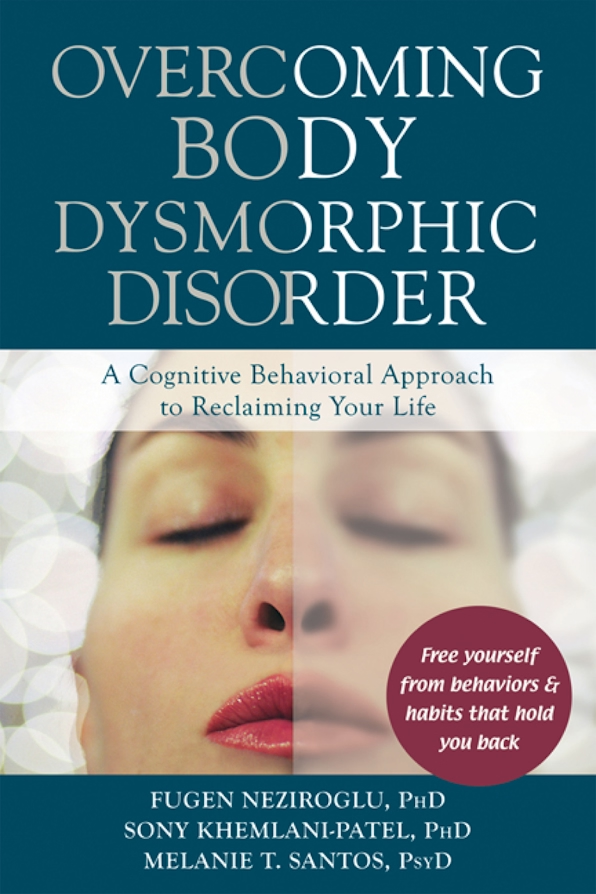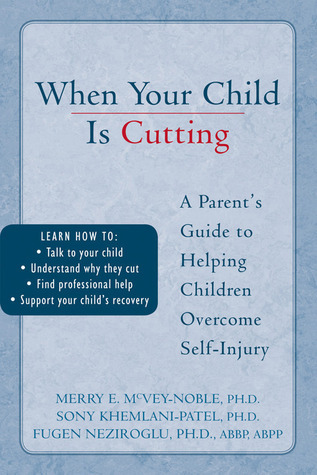Explore Books by the Bio Behavioral Institute Team
Our team has written numerous books on disorders and treatment for OCD, anxiety, and other mental health and mood disorders. Learn more and access the books using the links below.

Clinical Books

You can experience life again. Let’s take steps together.
At Bio Behavioral Institute, we’re here to be your team and get you back to the life you deserve. Schedule your consultation and take the first step towards a more meaningful life.
Call our office at 516-487-7116 or complete the form to schedule your consultation.

.avif)
.avif)

%20(1).avif)
%20(1).avif)

.avif)
.avif)
.avif)
.avif)
.avif)
.avif)